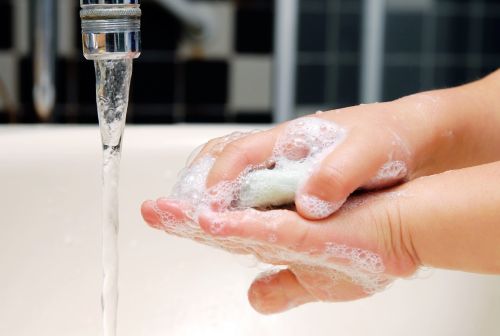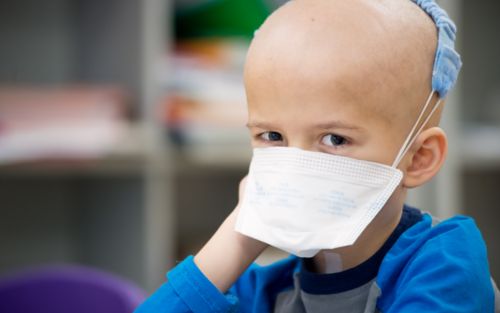Children with serious illnesses can be at high risk for infection.
Certain illnesses and treatments such as chemotherapy can weaken your child’s immune system. A person with a weak immune system is known as immunocompromised. They are at a higher risk for infections.
If your child’s immune system is weak, viruses such as COVID-19, the flu, and RSV can be more serious than they would be in a healthy child.
Tips to prevent infection
If your child has a weak immune system, it is important to take steps to prevent a worsening illness. Talk to your child’s doctor about your child’s risk for infection.
Practice good hygiene
Ensure that your child and their environment are clean to help prevent infections. The best way to prevent infection is to clean your hands often. Clean your hands with soap and water or use an alcohol-based hand sanitizer.
Self-care is important to prevent infection. This includes:
- Brushing teeth and good mouth care
- Daily bathing
- Protecting the skin from insect bites and natural elements that might cause reactions
- Covering wounds with bandages
- Following the care team’s advice for wound and line or catheter care
Limit exposure risk
- If another member of your family has symptoms of a respiratory illness, keep them away from your child.
- Your child should stay 6 feet away from anyone who is sick and should wear a mask.
Limit travel, avoid crowds, wear face masks in public places, and limit contact with people outside of your household.
Be aware of infection sources
Things you might not usually think of can be a source of infection for children with weak immune systems. Talk to your medical team about these possible risks:
- Fresh flowers: Flowers and plants can have harmful bacteria and fungus.
- Pets and animals: Avoid contact with animals that are not pets. Make sure pets have had shots, are in good health, and have regular baths.
- Dirt and soil: Some patients may become sick from Aspergillus and other germs that are in dust and dirt. Aspergillus is a type of fungus. Healthy people can breathe it in without getting sick. But people with weak immune systems may develop an infection called aspergillosis from it.
Think about food safety
Wash hands before preparing and eating foods. Keep food preparation areas clean. Store and cook food properly. Wash fruits and vegetables before eating.
Talk to your doctor about foods to avoid and follow dietary instructions.
Watch for loose stools
Chemotherapy, radiation therapy, or infection can cause diarrhea. Wash hands with soap and water and disinfect surfaces. Wear disposable gloves when changing diapers.
Know what to do if symptoms develop. Call ahead before going to the doctor except in an emergency. Make sure you have extra medicines and medical supplies.
Do not delay medical visits unless your doctor says to do so.
If you have questions about your child’s health or about vaccines, talk with your child’s care team. They are the best source of guidance to help you manage your child’s health.
Questions to ask your care team about preventing infection




